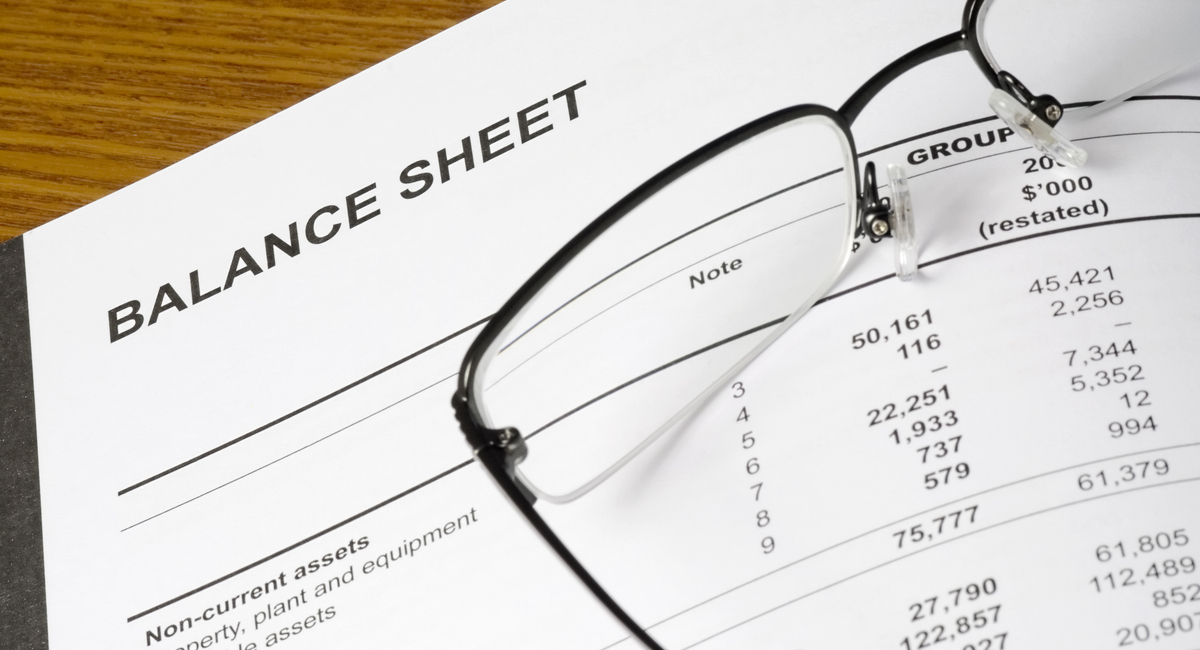The Forgotten Front Page
Assets are the front page of your balance sheet. Assets provide liquidity and growth. Many financial planners focus on reigning in expenses and paying down debt at all costs. Their basis for this is that by paying off the debt, there will be additional money to save without the burden of monthly payments.
This way of thinking often considers all debt in the same light. Not all debt is created for the same reasons. Some debt can be helpful in a financial plan by helping facilitate a business, a building, or other asset. Excessive spending is unproductive though, whether it is paid from free cash flow or deferred with a credit card.
- Consumer debt – vacation, clothing, food, disposables…If you embrace consumer debt in your life, you are most likely living beyond your means. Get rid of it and grow up.
- Emergency debt – job loss expenses, medical, or other unforeseen required items…These are sometimes unavoidable. Deal with it and chin up, these don’t happen often. Consider fixing the debt through a lower interest home equity loan.
- Car Debt – Cars depreciate. Did you buy an appropriate vehicle for your income level? Is your loan a comfortable, stress free payment, will you own the car for at least 150,000 miles or eight years? Then relax, fix the interest rate and keep going.
- Student loan debt – college, post graduate, professional school, etc. If you went to school, and got a job through the experience, student loan debt is likely a good investment in your future. You don’t need to feel bad, fix the interest rate, and pay it off over the term.
- Housing debt – So long as your aggregate home debt is less than 2.5 times your past three years average annual household income, you are doing fine. Fix the interest rate, and pay to term.
By fixing the interest rates, avoiding excessive consumer spending, and living within your means, you create the space to consider your savings opportunities. By saving, you create assets. As we said above, assets are the front page of your balance sheet. Assets provide liquidity and growth.
If your investment assets are earning between 6% and 8% and you are paying an average of 5% on all of your outstanding debt, you are engaging in arbitrage. It means you are making money on the spread between your earnings and your cost of capital, and learning to live like rich person.
We encourage planned, methodical savings over accelerated debt repayment. We believe that, in the long run, this philosophy helps our clients to accumulate wealth and live with less worry.
Another consideration is that anytime someone has excessive debt, and works hard to pay off the debt, they are already self-conditioned to go out and create more debt, then pay off the debt, then buy more stuff. It becomes habit.
We meet a lot of people with lots of nice things and no money. They appear to have a high net worth lifestyle, but are drowning in debt. As professional planners, we hope to save the world, one balance sheet at a time, we believe the answer lies in the asset portion of your balance sheet. Save your money, pay your debt to term, forego new unnecessary debt, and in time, you will find your assets outgrowing your liabilities.
What is necessary debt? That’s another post. Have a great day!
By: Chris Brown


